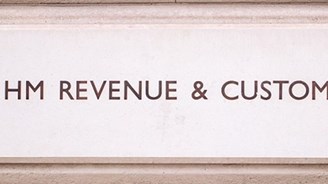Employees and working from home

HMRC have recently released their views on how to treat certain expenses and benefits provided to employees during coronavirus. Issues covered include living accommodation, volunteer fuel and mileage costs, paying or refunding transport costs, free or subsidised meals, company car ‘availability’, salary sacrifice, employer-provided loans and the general costs of employees working from home.
Some of the comments, such as those on living accommodation, are merely a re-hash of the normal rules with a coronavirus spin; for example, HMRC state that if your employee cannot return home because of coronavirus you may agree to reimburse their subsistence expenses and lodging expenses, for example if they stay in a hotel room. These are taxable and can be reported through a PAYE Settlement Agreement.
The one significant statement which is truly new is the comment in relation to company cars (and presumably vans!).
HMRC, as you might expect, state that the car will be treated as being made ‘available for private use’ during this period even if the employee is:
- instructed to not use the car
- asked to take and keep a photographic image of the mileage both before and after a period of furlough
- unable to physically to return the car or the car cannot be collected from the employee
Where restrictions on movement applies because of coronavirus and prevents the car from being handed back or collected, HMRC will accept that a company car is unavailable in the following circumstances:
- where the contract has terminated - from the date that the car keys (including tabs or fobs) are returned to the employer or to a third party as instructed by the employer
- where the contract has not been terminated – after 30 consecutive days from the date that the car keys (including tabs or fobs) are returned to the employer or to a third party as instructed by the employer.
The return of keys means that a car cannot be driven in any circumstances even if it is still in the possession of the employee.
This is not much of a relaxation for such drivers and clearly suggests that such a policy would be at the instigation of the employer and not the preference of the employee!
You may wish to discuss with your clients the tax implications of extended homeworking of staff. To help with this we have recorded a webinar and client letters available, for more information Contact our team to find out more on sales@mercia-group.com or 0330 058 7141.



